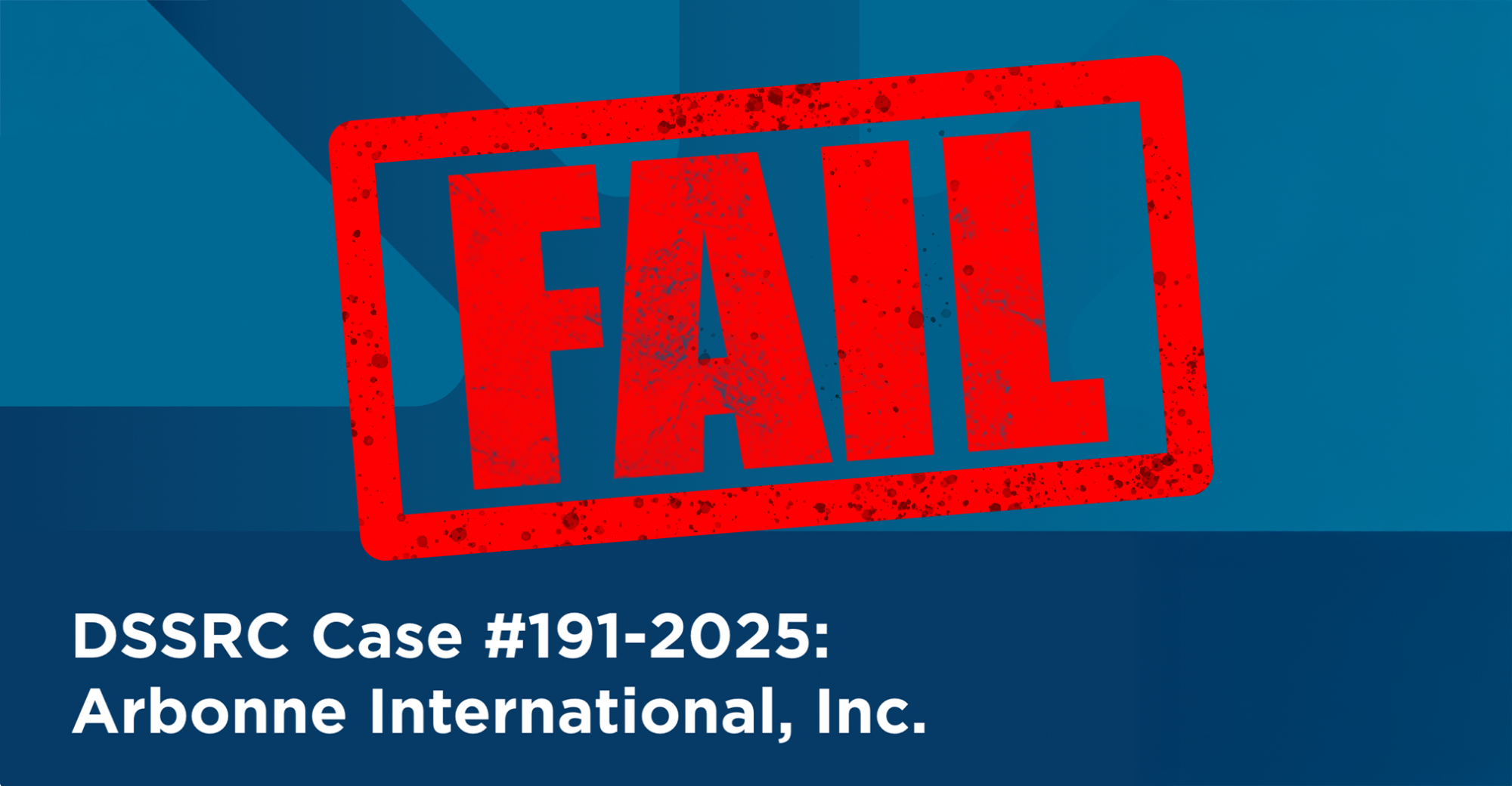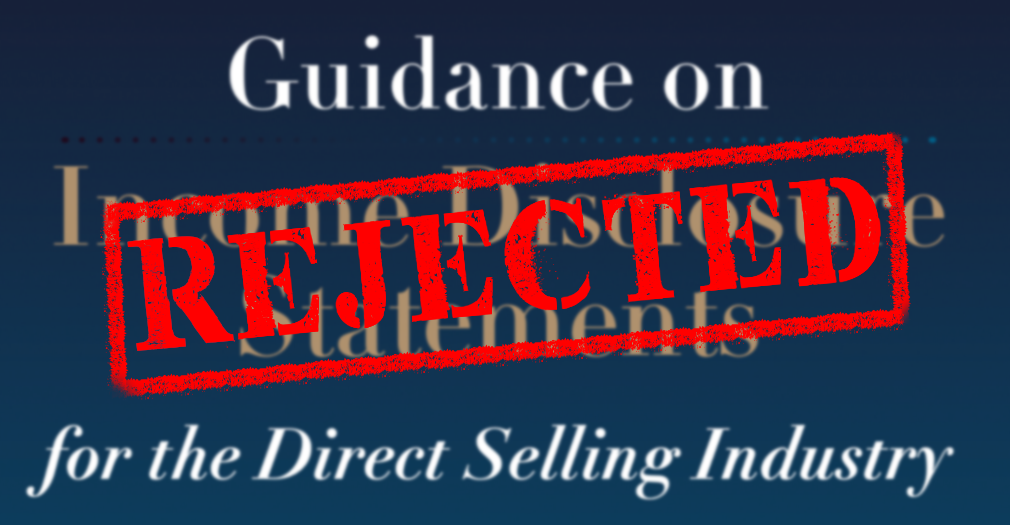
DSSRC’s Arbonne Decision Gets It Wrong
Council blesses MLM’s use of unsubstantiated earnings claims.
FTC Seeking to Clean up the MLM Industry
| Peter Vander Nat, Ph.D | William Keep, Ph.D.
Since our first article published in 2002, we and others have looked for more regulatory clarity in the MLM industry. Last week FTC Chairwoman Ramirez took a major step in that direction, one that demonstrates a long run solution requiring persistence. The FTC, being a federal agency that reasonably expects to exist in perpetuity, has the liberty to enact a long run course of action beneficial to consumer protection. It is evident the FTC is fervently seeking to clean up the MLM industry, while cognizant of case law that the agency has promulgated.
Whether one agrees or not, from the beginning the FTC permitted a legitimate form of multilevel marketing, i.e., upline rewards based on consummated retail sales. Now with the admitted aid of hindsight, had the agency rigorously enforced that position from the early 1970s onward ─as set forth in seminal cases such as Holiday Magic and Koscot (as well as others)─ the MLM industry likely would not have evolved into the morass we see today. Interestingly, the Chairwomen comments on what are conventionally called the “Amway safeguards,” mainly noting the potential inadequacy of these company-based rules. This echoes what the Omnitrition court noted 20 years ago: “[T]hat some amount of product was sold by each supervisor to only ten customers each month does not ensure that overrides are being paid as a result of actual retail sales.” And re the 70% rule, this same court notes, “importantly, the [70%] requirement can be satisfied by non-retail sales to a supervisor’s own downline IMAs. This makes it less likely that the rule will effectively tie royalty overrides to sales to ultimate users, as Koscot requires.”
As we see it, current FTC policy re MLMs is comprised of two prongs of corrective surgery: (1) bringing the industry back to a retail-based business opportunity as originally envisioned, and (2) vigorously penalizing any income misrepresentations made to participants in the restructured venture. Although this path may not be perfect, it is a viable course for consumer protection. First, it does not require the agency to contradict its foundational rulings on the meaning of a legitimate MLM; indeed, as the Remarks show, the FTC need only amplify them. Although certain industry supporters may prefer to look the other way regarding the dominant thrust of FTC legal actions ─continuing recently through FHTM (2013), BurnLounge (2014), Vemma (2015, 2016) and Herbalife (HLF) (2016)─ these actions and others consistently highlight the primacy of retail sales; i.e., sales to general consumers who are not business opportunity participants.
For the second prong, the agency can progressively hone the full-thrusted meaning of prohibiting income misrepresentations. Notably, the FTC settlement with Herbalife makes significant moves in articulating both prongs. And what would now be immediately beneficial is an official underscoring of how MLM companies report participant earnings. When MLMs make income representations ─one important category being Income Disclosure Statements─ the reported participant incomes are gross earnings from the company’s compensation plan without subtracting any business expenses. Without an estimate of typical business expenses or information on the persistence of distributors within a given income category from one year to the next, consumers cannot estimate actual “net earnings” or the probability of succeeding to the next earnings level.
The Chairwoman’s remarks stress verifiable and profitable retail sales to be fundamental to an MLM’s operation. Concomitantly, the determination of profitability requires the recognition of participant business expenses and earners’ persistence per category, which could both readily be made an express part of income disclosure. As the Chairwoman notes in her remarks:
Earnings claims, regardless of whether they are express or implied, are highly relevant to consumers in making their investment decisions. In fact, we find that earnings claims are often the single most decisive factor in those choices.
Just so. Since expected earnings are critical to a decision to participate, let’s help consumers by providing them the requisite information to make an informed business decision.
We laud the FTC’s resolve to give corrective restructuring to the MLM industry. We eagerly await the formal industry guidance that the FTC pledged in connection with the HLF settlement.
Council blesses MLM’s use of unsubstantiated earnings claims.
Exploring the MLM industry’s latest pivot.
Advisory opinion letter raises “serious concerns” with self-reg group’s guidance.


